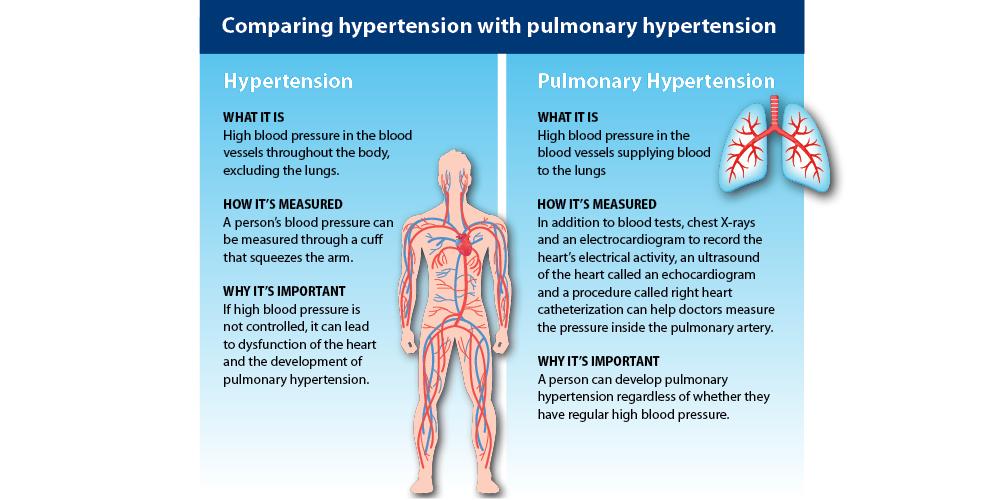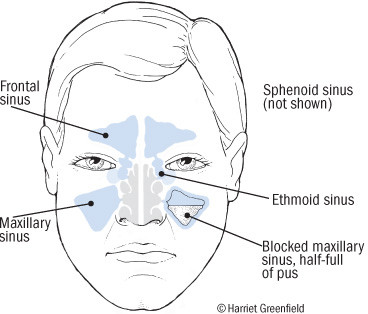Neck pain, also known as cervicalgia, is a widespread issue, affecting two-thirds of the population at some point in their lives. This discomfort, though primarily felt in the neck, can stem from various spinal problems. It may arise from muscular tightness in both the neck and upper back or from pinching of nerves.
A rare but serious cause of neck pain is a tear in one of the main arteries of the neck, which can lead to stroke. The neck, a relatively underappreciated part of the body, must be strong enough to support the head’s weight while allowing for movement.

Pain in the neck can vary in its source. Most acute pain is related to tissue injury and is categorized as nociceptive pain. On the other hand, chronic pain, often referred to as neuropathic pain, might begin with a damaged or irritated nerve. Over time, however, the pain signals may originate from the brain itself.
Interestingly, neck pain can be intertwined with other health issues like brain fog, a common symptom post-COVID-19 infection. Brain fog can manifest as memory and attention issues and is not exclusive to COVID-19; it can occur in various circumstances, including sleep deprivation or as a side effect of certain medications.
In addressing neck pain, it’s important to consider these varied causes, from physical strain and structural problems like arthritis or degenerated discs to stress-related factors. Regular exercise, a healthy diet, and adequate sleep are key to managing both neck pain and associated cognitive symptoms like brain fog.
For more detailed information, you can refer to Neck pain and When a pain in the neck is serious from Harvard Health.


